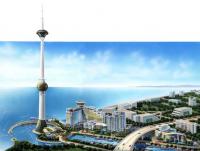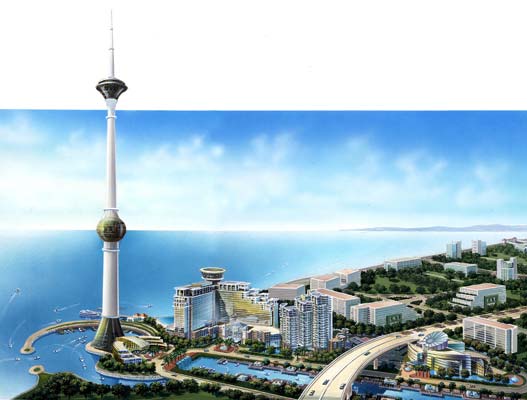 If everything goes according to plan, the Philippines is looking at capturing around 8 to 10% of Macau’s gaming industry by 2016. That much was said by Belle Corporation Vice Chairman Willy Ocier, who told Rapper.com that certain improvements in the Philippines would draw even more tourists in four years time.
If everything goes according to plan, the Philippines is looking at capturing around 8 to 10% of Macau’s gaming industry by 2016. That much was said by Belle Corporation Vice Chairman Willy Ocier, who told Rapper.com that certain improvements in the Philippines would draw even more tourists in four years time.
“The Macau market, which is $35 billion today, will be around $50 billion by 2016 if everything goes well,” Ocier said. “The Philippines, I believe, can capture 8 to 10% of what Macau does.”
Ocier cited a number of reasons on why those goals are attainable, including the improvements in infrastructure in the country, particularly the development of the international airport, as well as the proliferation of gambling sites that would likely be open at that time.
While the country only has two gaming operators today – Pagcor and Resorts World Manila – a number of casino developers are already in the process of building and developing their own sites, including Belle Corporation, Bloomberry Resorts Corp., Alliance Global, and Japan’s Universal Entertainment.
The influx of all these gaming establishments will allow the Philippines the gambling industry’s current $1.2 billion to somewhere in the ball park of $4 to $5 billion by 2016.
Meanwhile, the movement to legalize casino gaming in Saipan took a big hit recently when state Senate killed the bill that would have allowed casino gaming in the island state. The decision was met with disappointment from ROTA senatorial candidate Victor B. Hocog, one of the biggest advocates in bringing casinos to Saipan to as a key attraction in driving tourism to the island.
Hocog voiced his displeasure about the decision in an interview, saying that senators “did not spend time to look into the bill and try to work on what they don’t like with it.”
Hocog argues that legalizing casino gaming in Saipan would serve as a boon to the economy, especially considering that it would also help neighboring islands, Tinian and Rota, particularly the latter, whose casino operations would serve as a “supplemental” choice if and Saipan opens itself up to casino gambling.
